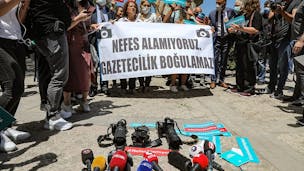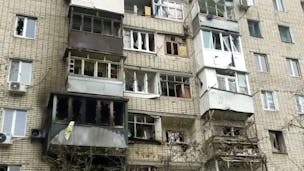Extract from The Guardian
Acma calls for more power to restrict advertisements on Facebook, YouTube and Google.

The Australian Communications and Media Authority called for more power to restrict unlicensed gambling advertisements on Facebook, YouTube and Google to better protect children and vulnerable Australians.
Acma told a parliamentary inquiry the number of gambling inquiries and complaints it receives has been growing since 2018.
“The high number of complaints we receive indicate that concerns remain that children and other vulnerable Australians are exposed to too much gambling advertising,” it said in a submission.
In 2018-19, the media regulator received 47 inquiries or complaints about gambling advertisements. That increased to 120 in 2020-21 before nearly doubling to 208 in 2021-22. Another 39 were lodged between July and September this year.
Some were forwarded on to the broadcaster to deal with, or fell outside Acma’s remit.
“These include concerns that there is excessive gambling advertising, or gambling ads that are shown at inappropriate times, often with reference to family viewing times or children watching,” the Acma submission said.
“Some of these complainants are of the view that gambling advertising should be banned altogether.”
Acma itself had completed 11 investigations into advertising compliance since July 2018. It confirmed four breaches of an industry code of conduct and three breaches of online rules, leading to formal warnings, remedial directions or enforceable undertakings.
In May 2018, the Turnbull government restricted sports gambling advertisements on broadcast television between 5am and 8.30pm, with a ban on promotions from five minutes before the start of play to five minutes afterwards.
Acma said these restrictions were working as intended for broadcast media, but children were increasingly watching sport on streaming services not subject to the same regulations.
“Assessments about the effectiveness of the gambling advertising rules, particularly for protecting children, should also take into account the changed viewing behaviours of children,” the Acma submission said.
One of the biggest sports gambling companies in Australia, SportsBet, told the inquiry it acknowledged “significant community interest in further limiting exposure of young people and at-risk individuals to gambling advertising”. editors select five of the most interesting, entertaining and thoughtful reads published by Guardian Australia and our international colleagues.
But it also argued for “the legitimate right of industry to engage with their customers, provided they do so responsibly”.
Prof Samantha Thomas, a gambling expert at Deakin University, said the increasing number of complaints “reinforced that the community wants action”.
“The 2018 regulations were never going to be enough to protect he community and particularly children from being exposed to pervasive gambling marketing,” Thomas said.
“While there has been a focus on television advertising, we also know that children are increasingly seeing gambling ads on social media platforms such as YouTube and most recently TikTok.
“The government has a clear duty of care to act to protect kids.”
Acma encouraged the government to end a loophole that limits its ability to regulate gambling advertisements on global platforms such as Facebook, YouTube, Google and Twitch.
Under current rules, the regulator can only ban the promotion of unlicensed gambling services on these websites if it is confident the majority of its audience is physically in Australia.




